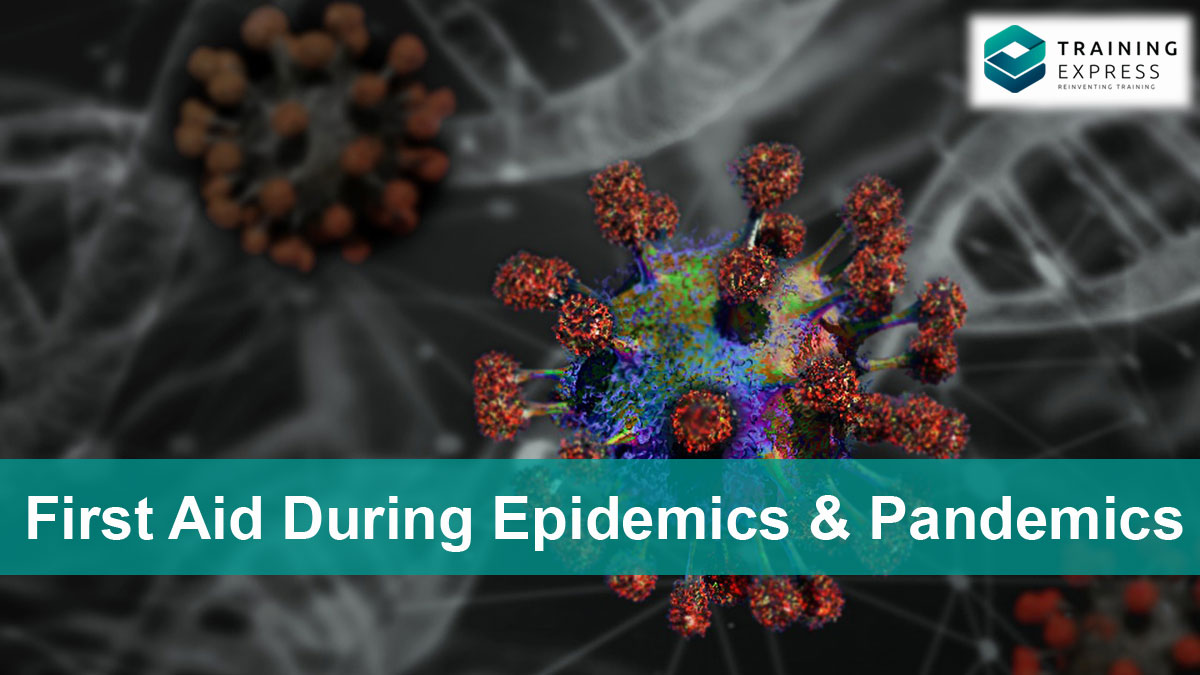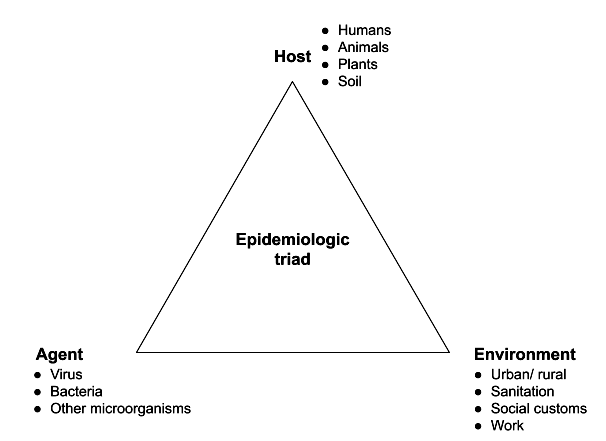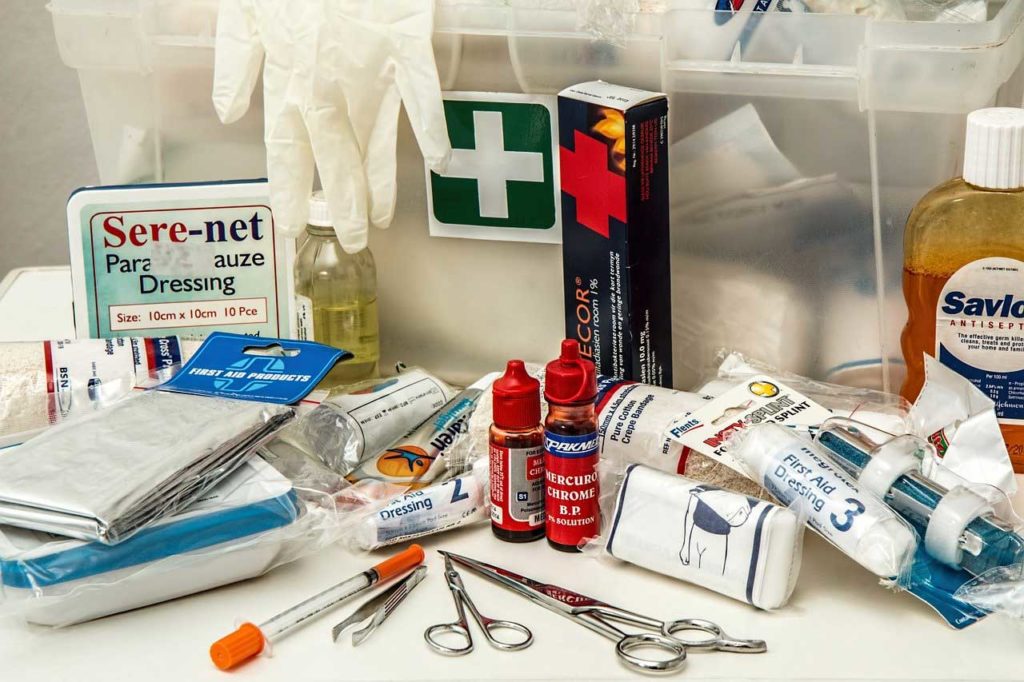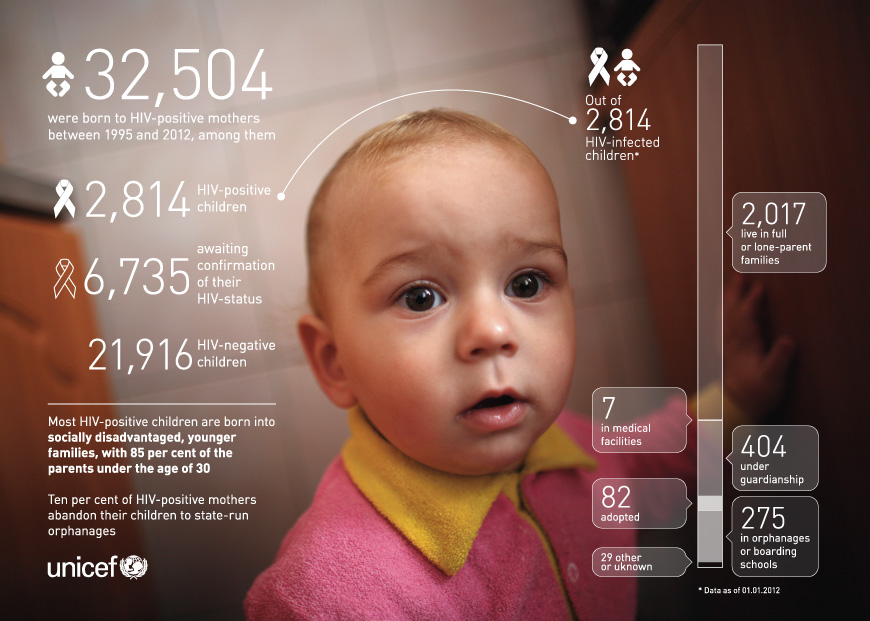
Table of Content
Epidemic and pandemic diseases: The basics
In medical terms, an epidemic means the rapid outspread of any disease to a large number of people within a community in a short period of time. For example, in matters of Meningococcal infections, an epidemic will occur if more than 15 cases are found per 100,000 people for two weeks in a row. Eventually, an epidemic may take a pandemic form if the disease spreads globally.
How do the epidemics and pandemics happen?

First aid and paediatric first aid for saving lives
A research published in 2018 mentioned that more than 9 out of 10 people can’t provide emergency first aid care. Also, most of the people don’t feel knowledgeable or confident enough to react properly in case of emergencies.
Many parents believe that paediatric first aid training would prepare them better for parenthood. Honestly, you don’t want to find your children in a life-threatening situation and sit helpless. A short training on paediatric first aid would draw a line between life and death, won’t it?
The significance of first aid
- First aid allows trained people with potentially life saving ability. You can assist an ill or injured person during a variety of emergency situations. When do people need first aid? In situations when someone ingests a dangerous substance, has a seizure or stroke, suffers from a heart attack or gets injured in an accident, a person with basic first aid training can help in many ways. At present, the whole world is fighting a new pandemic disease that spreads very quickly. With your knowledge of first aid, you can save someone from grave danger. However, you have to take steps for preventing any potential transmission of a virus, bacteria or any microorganism that endangers people.
- Even if you are not a trained first aid provider, your awareness of the emergency first aid situation can help people indirectly. You can decide the course of action, and lessen the severity of an emergency under grave circumstances.
- Your knowledge of first aid could prove more fruitful for people who need special attention at home or workplace. Children, people with chronic illness, someone with physical or mental disabilities, elderly people may require your help in case of emergencies.
Self-isolation: The first step for preventing transmission
If you regularly provide emergency first aid, you are completely aware of the significance of first aid at critical situations. However, the situation with new pandemic diseases ask for special attention.
If you have been experiencing the symptoms of a pandemic disease, you must stay in self-isolation and contact your healthcare provider immediately.
To know more about the symptoms and preventive measures of epidemics, you can take our course on epidemic and pandemic disease awareness. You will know more about the agents, hosts and environmental factors of the diseases for preventive purposes.

Providing first aid care to people with suspected epidemic infections
First aid providers have to take standard precaution with any epidemic and pandemic suspect.
Ensure that the sick person wears a face mask over their nose and mouth (if the casualty hasn’t done so already).
Limit contact with the casualty staying at least 6 feet away from the person until the face masks are on for both of you.
Nevertheless, the sick person will put on the face mask only if the situation allows. Keep the following facts in mind:
- You need to limit the number of individuals in close contact with the casualties. If you are to provide direct care, wear respiratory protection e.g. N-95 mask, eye protection, a disposable gown and disposable gloves, if possible. Follow the updated WHO guidelines for alternative respirators in case of N-95 shortage.
- While wearing personal protective equipment (PPE), clean and disinfect all the items which came in touch with the casualties.
- Perform the mandatory hand hygiene rituals after providing care and disinfecting the items. Discard the PPE following routine procedures.
Performing CPR to the suspects of an infectious disease
The risk of virus transmission is exceedingly low during CPR if you are using a breathing barrier.
However, if you are uncomfortable or incapable of performing traditional mouth to mouth CPR, you should make someone call 999 and continue hands-only CPR until emergency help arrives.
You should wear protective gloves if it’s possible.
Disinfecting the surfaces after first aid procedure
- Clean the surfaces using a detergent, or soap and water. Later, you can proceed to disinfect the surfaces.
- Use any of the following disinfectants for effective disinfection –
- Diluted household bleach solution (that contains ⅓ cup bleach per gallon of water)
- Alcohol solution with at least 70% alcohol and most common household disinfectants.
- Follow the manufacturer’s instructions for all types of cleaning and disinfection products. You should be careful about the concentration of the mixtures, application method of the products, contact time, etc. Read the product labels cautiously for instructions.
- For soft (porous) surfaces like rugs, drapes, carpeted floors, you have to address the visible contamination first. Then, use suitable cleaners according to the labels on the cleaning products.
Paediatric or emergency first aid: Precautions after cleaning
Launder the required items in accordance with the instructions from manufacturers. You can launder the items with the warmest water setting applicable and dry the items completely.
For clothing, try not to shake the dirty laundry. As a result, you’ll minimise the possibility of dispersing virus through the air.
If you can’t launder any clothing immediately, you have to store them in a sealed disposable bag.
WHO guidelines for infection prevention and control regarding COVID-19 suspects
a. Early recognition, ensuring triage and isolating patients with suspected coronavirus disease;
b. Taking standard safety measures for all patients;
c. Enforcing empiric additional precautions such as droplet transmission, airborne precautions;
d. Executing administrative controls effectively;
e. Implementing environmental and engineering controls.
According to the media reports on 1st April 2020, more than 2000 NHS staff have tested positive for the new coronavirus disease. The number of pandemic disease patients are growing rapidly. In case of emergencies, we have to take responsibilities and take care of ourselves at the same time. Thus, an emergency first aid kit and some form of first aid training would go a long way in saving lives. Stay safe and save lives.
- Available Courses
- Career Bundles72
- Animal care5
- Law8
- Quality Licence Scheme Endorsed111
- Teaching13
- Teaching & Academics Primary27
- Accounting & Finance Primary30
- Training3
- Design9
- IT & Software44
- Healthcare126
- Marketing31
- Health and Safety402
- Construction48
- Electronics25
- Hospitality22
- Health and Social Care219
- Child Psychology37
- Management375
- Business Skills268
- First Aid70
- Employability264
- Safeguarding75
- Food Hygiene103
- Personal Development1277
 Food Hygiene
Food Hygiene Health & Safety
Health & Safety Safeguarding
Safeguarding First Aid
First Aid Business Skills
Business Skills Personal Development
Personal Development








